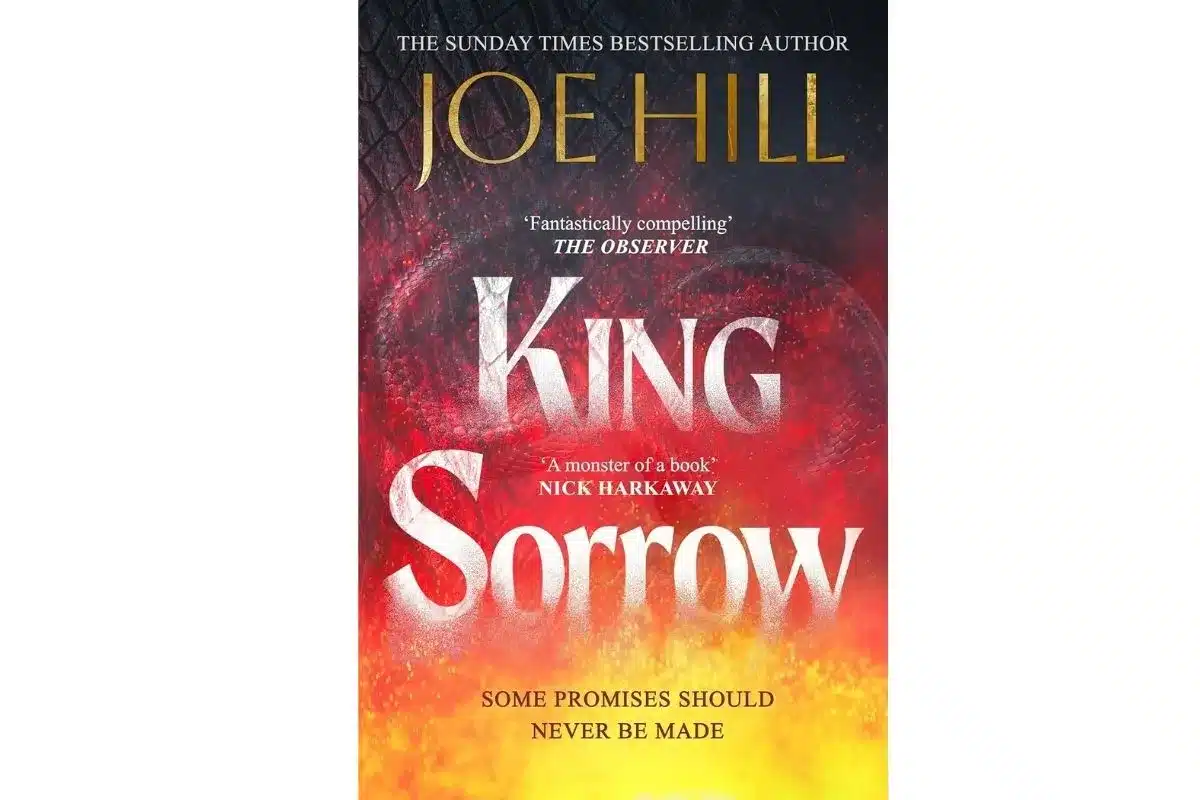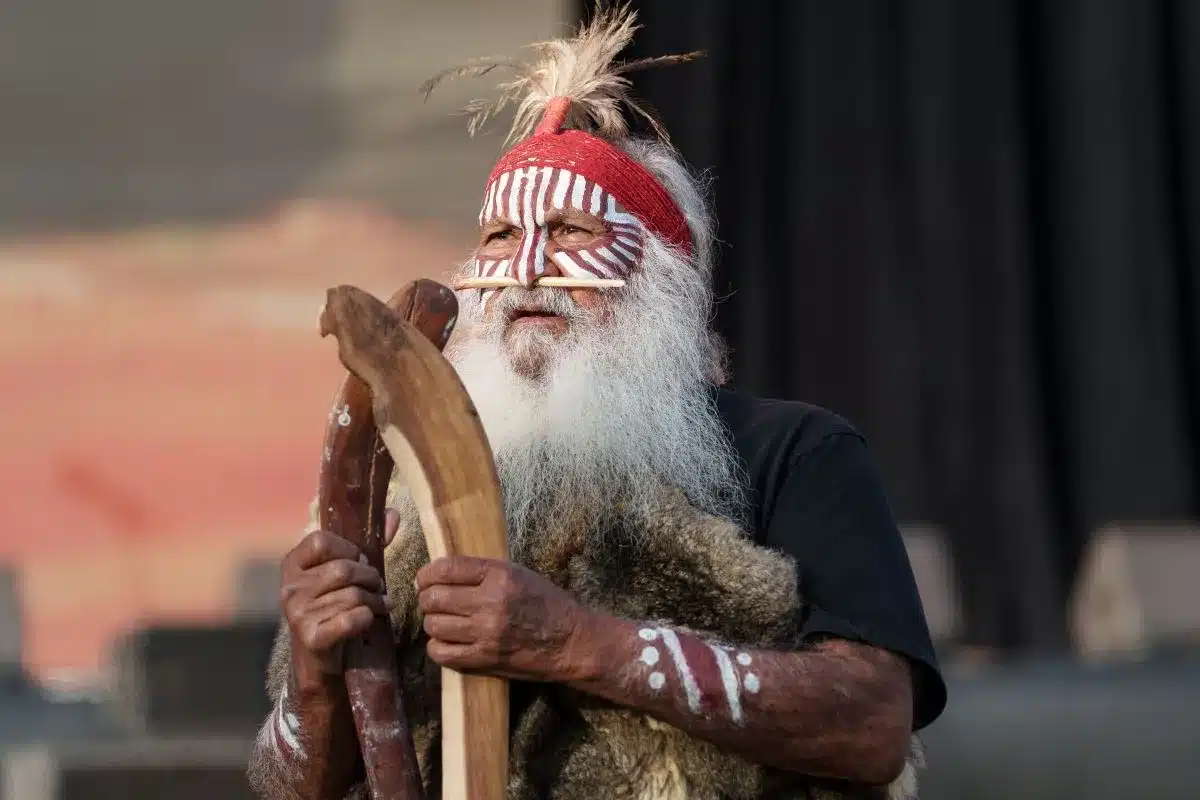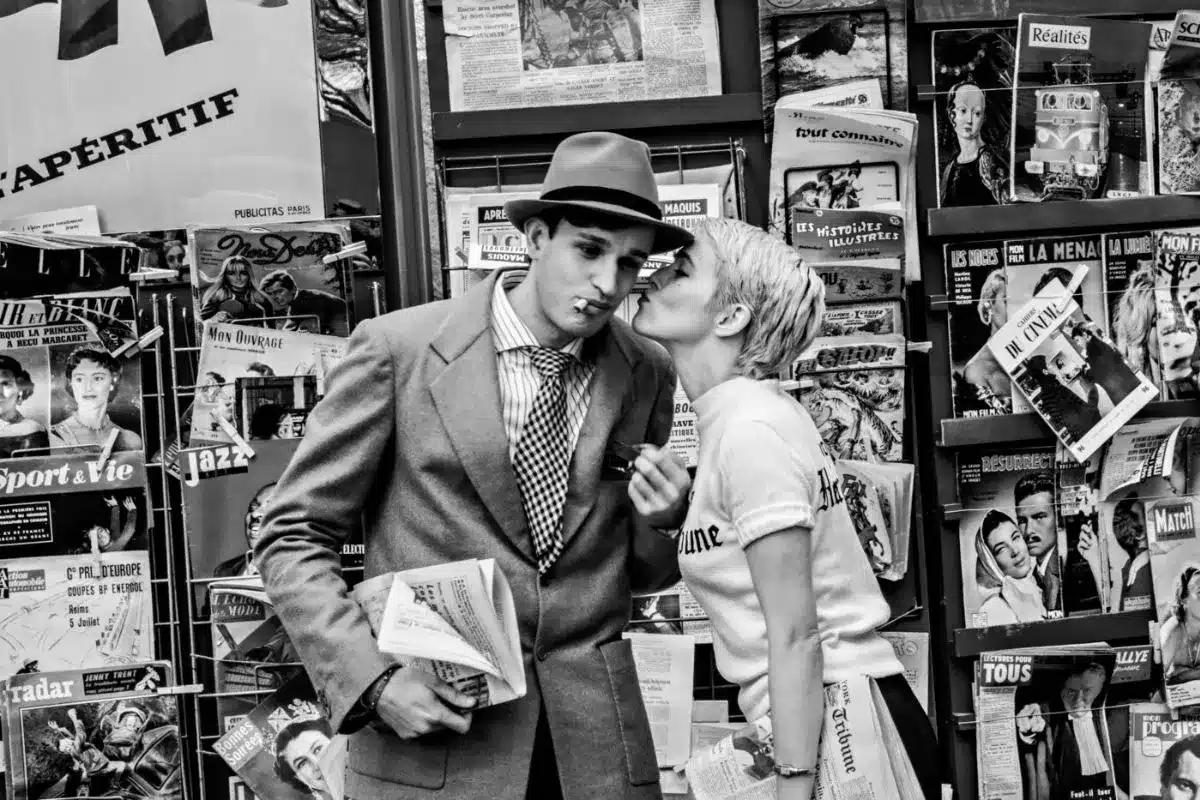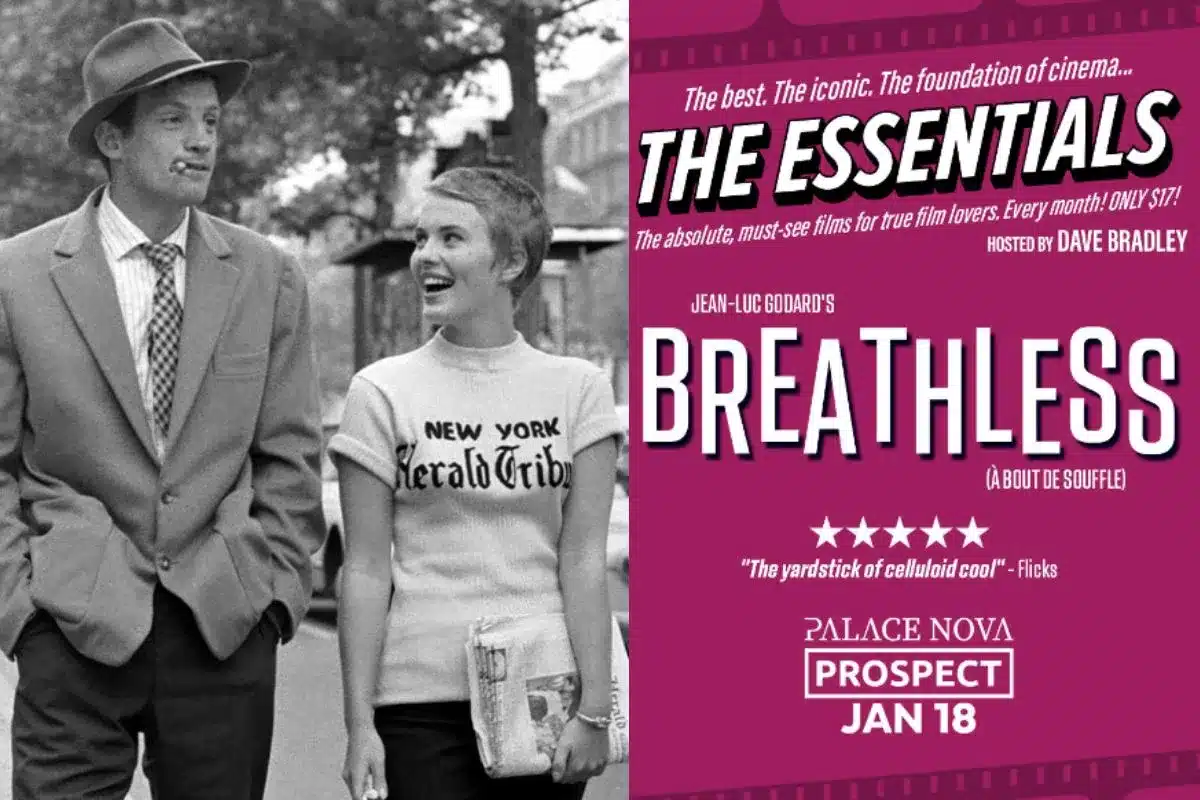David Lynch has died. It seems impossible for many, in much the same way that the passing of David Bowie (a Lynch collaborator and friend) was so hard to believe for his diehard-est fans, because both Davids always appeared so removed from dreary old reality.
It’s truly awful news for this still-new year, and there are innumerable tributes that you can read all over the damn internet, so perhaps I shouldn’t bore you with what you already know. About David Lynch being the director of Eraserhead, The Elephant Man, Blue Velvet, Wild At Heart, Mulholland Drive, Lost Highway, and more, and the co-creator (and key creative figure behind) the whole Twin Peaks thing? Everyone knows that… don’t they?
Instead, let me tell you about how I first discovered David Lynch, and how he quickly became just about my favourite modern filmmaker, and was a key figure in turning me onto movies back in 1984. There were other influences – my family acquired a video recorder back in 1982, we’d watch a swag of older films with my Mum and stepfather (and discuss them), and I read many Leslie Halliwell-penned books – but it was still a big day indeed when, by chance, we were at Marion Shopping Centre (before it was Westfield Marion) one fateful Saturday morning.
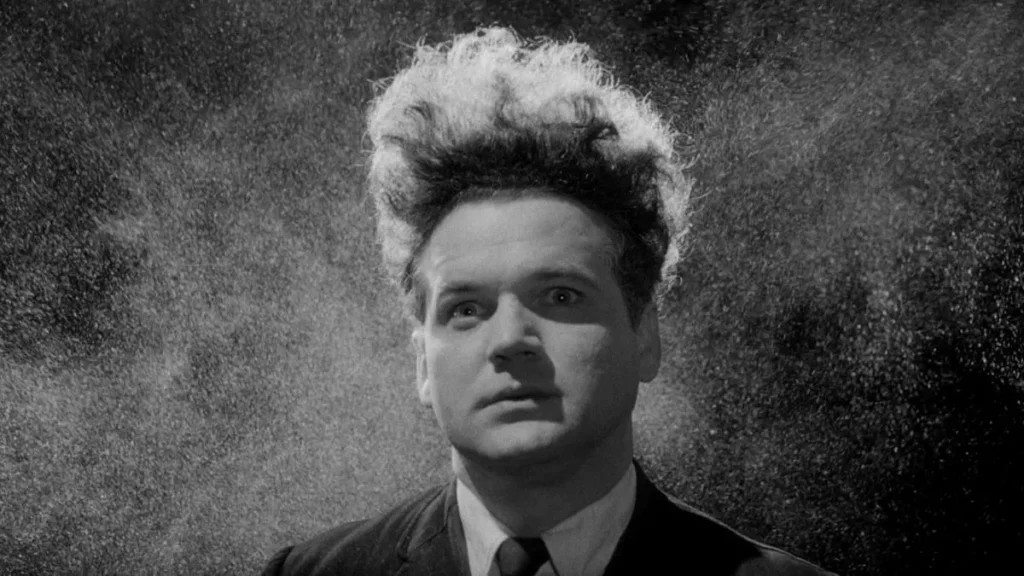
Somehow, I popped into a long-gone newsagent where, amongst a few books, I dug up the first edition of West Virginian film writer Danny Peary’s Cult Movies, which I just had to have because it featured essays about a bunch of pics I’d never seen, especially the original The Texas Chain Saw Massacre, which at that point was still banned in Australia. I bought the book and read it endlessly, and spent ages tracking down titles like Peter Bogdanovich’s Targets and Werner Herzog’s Aguirre, The Wrath Of God. And driving my family and friends bonkers with long-winded, mostly one-sided chats about them all.
The hardest movie to find and watch back then, however, was David Lynch’s Eraserhead (which he described in its tagline as, “A dream of dark and troubling things”), a five-years-in-production movie this filmmaker had directed and which, somehow, had caught on and become a huge underground phenomenon back in the 1970s. I discovered Eraserhead had led producer Mel Brooks to select Lynch to direct The Elephant Man (Brooks called David “Jimmy Stewart from Mars”), and I later heard that Lynch was working on a film version of Dune (don’t ask!), but I still couldn’t see Eraserhead. Until…
Scanning The Advertiser’s film pages in somewhere back in 1985, I saw that the long-gone Classic Cinema (then out on Flinders Street) was going to screen the film at 11pm one Saturday night. I knew I just had to be there, so I somehow convinced my friend and neighbour Charlotte to join me, and we were first in line for tickets at what was a pretty strange place for a naïve teen. There was quite a crowd too, many of whom were quite merry (shall we say), and I feared that they’d never shut up during the screening, and yet, apart from some uneasy laughter and a few whispered comments like, “What? What does THAT mean???”, they shut up. Although there was one baffled punter who, around the point where Eraserhead ‘hero’ Henry (Jack Nance) joins ‘The Lady In The Radiator’ (Laurel Near) onstage, called out, “You can see why this was never on TV!”
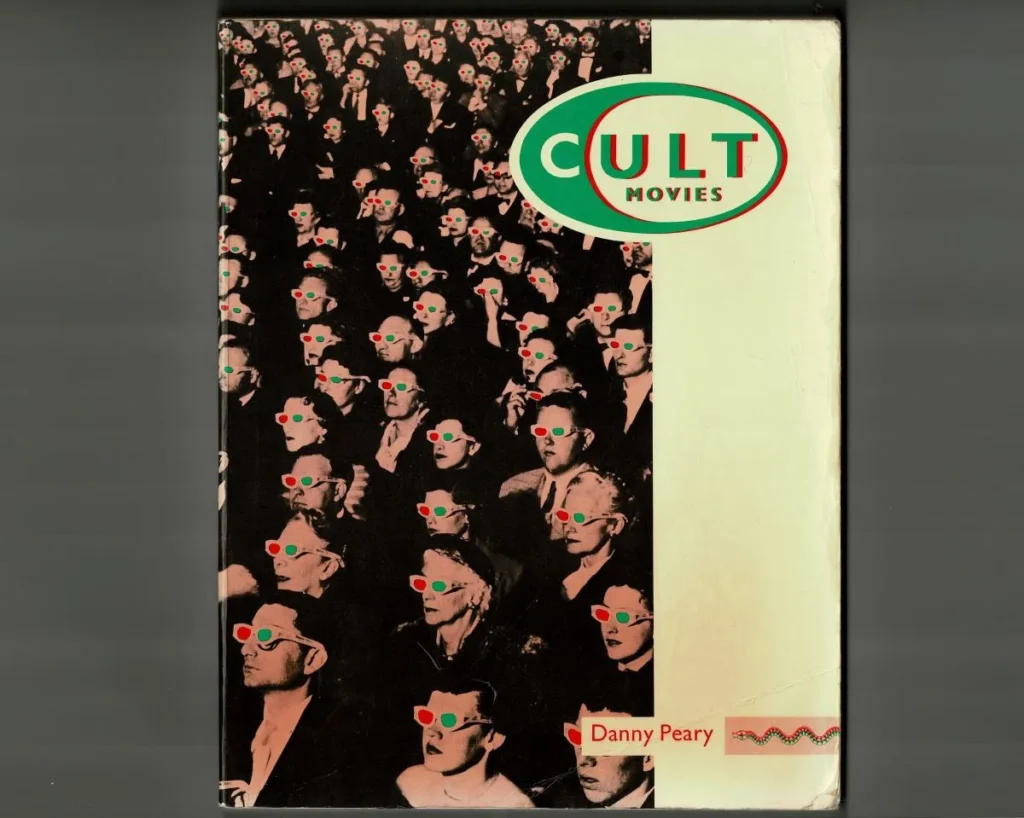
But, later, yes, it DID turn up on TV, but that was after David Lynch’s barely made it through the disaster of his Dune yet bounced back with his Oscar nomination for Blue Velvet, and Twin Peaks had transformed him into a mainstream icon and quite the legend of cool. And yet, despite all that, he never compromised, and never dropped the weirdness, the uncanniness, and, yes, the Lynch-iness.
There will truly never be another like him. Baltimore’s bad-taste-boy John Waters (not the Aussie one!) is pretty awesome too, but his run of movies from the ‘70s (Pink Flamingos, Female Trouble, Desperate Living) are hardly what you’d call good, and there were a fair few filmmakers who had one ‘cult hit’ (Chain Saw’s Tobe Hooper, Mad Max’s George Miller) but could never quite manage another.
No, there was only one David Lynch, and he will be very sadly missed.
“In Heaven, everything is fine.”
And I still can see blue velvet through my tears…


